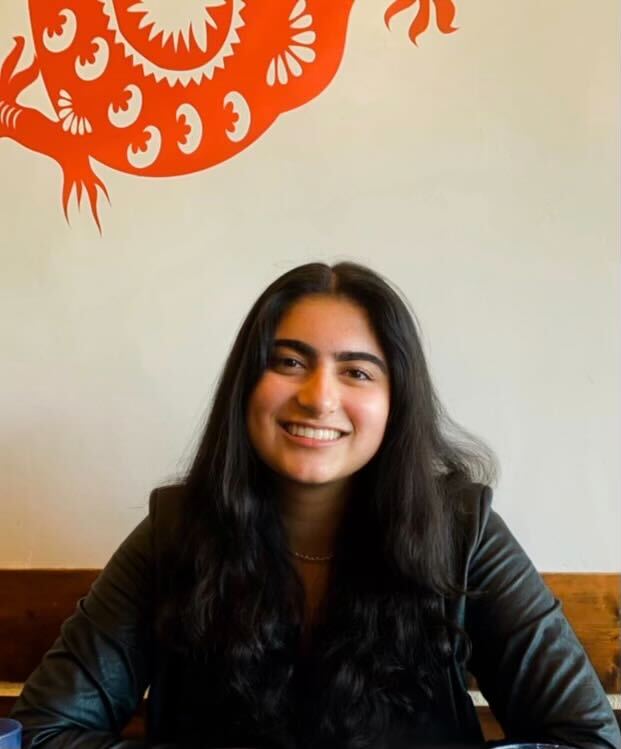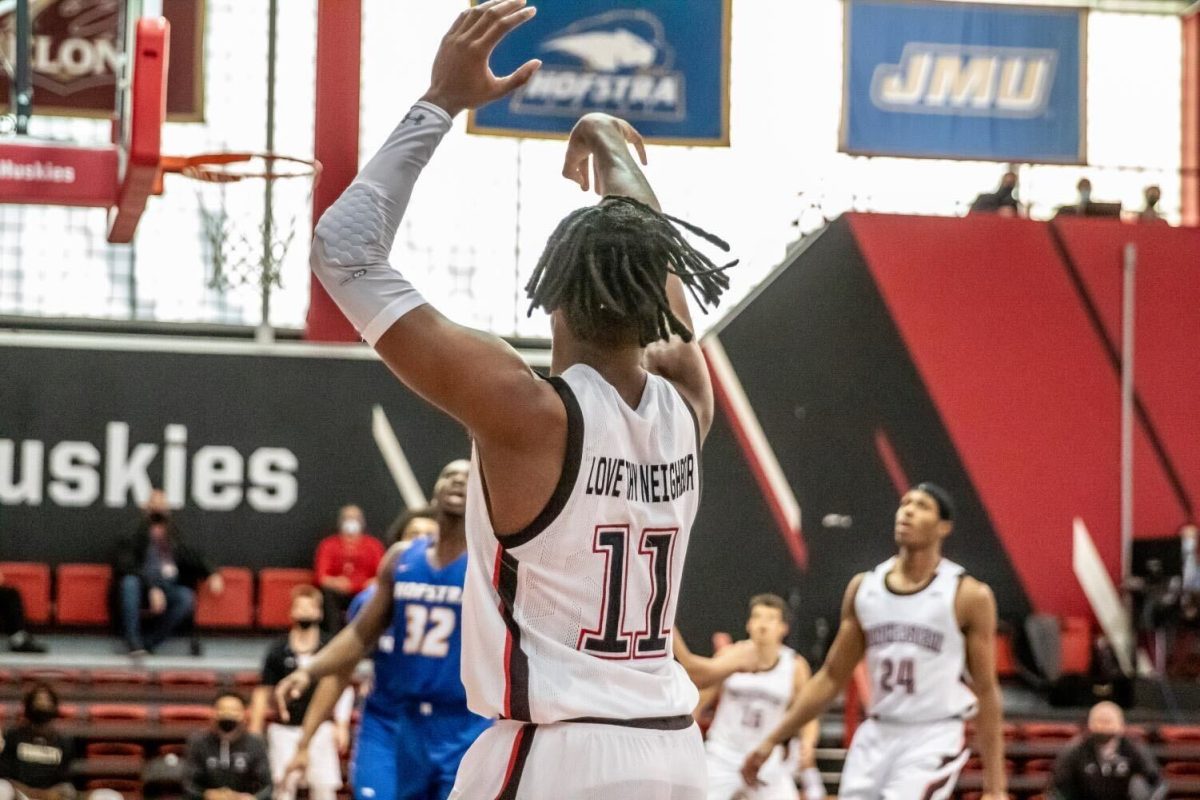Op-ed: The death of hobbies is not our fault
November 7, 2022
During a recent trip to Farmers Horse Coffee, I sat at the infamous communal table across from two Northeastern students exchanging updates about their mutual friends. I learned their friend had begun fermenting his own kombucha and was experimenting with new flavorings. My urge to amuse myself with the thought of a twenty-something hunched over a bowl of Symbiotic culture of bacteria and yeast, or SCOBY, was quickly replaced by another thought that had been increasingly consuming me: why don’t I have a hobby?
The seemingly innocuous topic of hobbies has become a point of borderline-existentialism for many young people. While it used to be easier to assure ourselves we were too busy, too exhausted or too predisposed to screen time to return to the laundry list of activities we once loved, the productivity sphere has now invaded our last sanctuary, our free time. Although it feels like our own burnout or laziness is to blame for the death of hobbies, the larger driving forces are unsurprisingly the internet and, more surprisingly, capitalism.
The capitalization of the internet, a space which is inherently so personal, has subtly transitioned us into thinking about ourselves in monetizable ways, even past the scope of the digital world. Through this lens, the attention of others has become the most valuable currency, and we must successfully compete for it in both impressive and authentic ways. If you’re good at art, why don’t you sell it? If you’re good at music, why don’t you hop in the studio? If you’re good at cooking, why don’t you post it on TikTok? These compulsions to commodify the activities we take pleasure in have stripped hobbies of their fundamental purpose of self-fulfillment.
The hobbies and communities we choose to be a part of are also an integral part of our identity and how we understand ourselves. However, when this is paired with the awareness of what our hobbies say about us, the results can be harmful. Was it truly that man’s passion to make homemade kombucha or did he simply enjoy being the carefree, earthy guy to those around him? The answer may seem inconsequential, but this line of thinking evolves into identity turmoil. When the distinctions between what we truly gravitate towards and what we adopt for the sake of being perceived in desirable ways blurs, we exchange our identity for a performed persona. Sociologist Erving Goffman’s dramaturgical theory gave this concept a framework, saying “social life is a ‘performance’ carried out by ‘teams’ of participants in three places: ‘front stage,’ ‘back stage,’ and ‘off stage.’” When we are front stage, we are in a perpetual state of making and maintaining impressions and while backstage, we rehearse how we would like these interactions to go and are our most uninhibited selves.
Social media has created a front stage we can never exit. In the digital realm, we will always exist to others and we will always have a third-person perspective on ourselves — both of which give rise to immense fixation on every detail about ourselves. When this need to appear effortlessly incredible on social media converges with capitalism’s expectations of making your interests a point of productivity and even income, the easiest option is to give into our fatigue and do nothing at all.
In the professional environment that college students are about to enter, work-life boundaries continue to erode, global economic and political systems are outdated and generational burnout is omnipresent. It is now more valuable than ever that students pursue their interests unhindered by fears of being “bad.”
When we think about the best moments of our lives, they almost never have any monetary return. But as we submit more and more of ourselves to being good, productive workers, we lose sight of why we work in the first place: to support ourselves and the activities that bring us joy. This desire to be productive coupled with a collective obsession of being wholly perfect must stop encroaching on free time — a time where we are entitled to make horrendous drawings and experiment with SCOBY without guilt.
Ananya Chaudhari is a second-year economics and finance major. She can be reached at chaudhari.ana@northeastern.edu.







